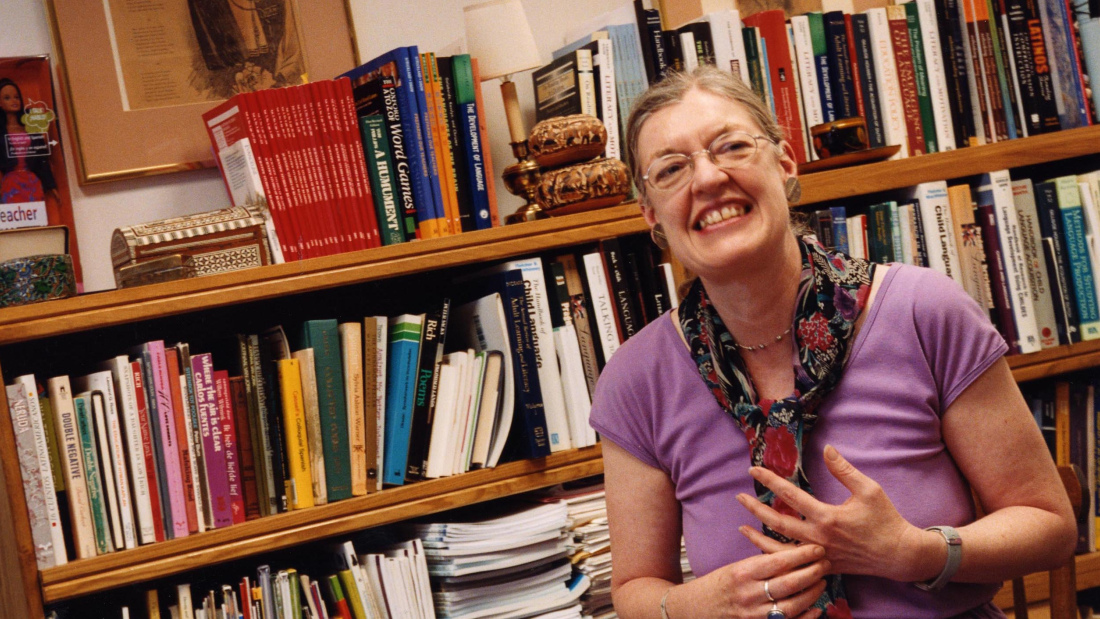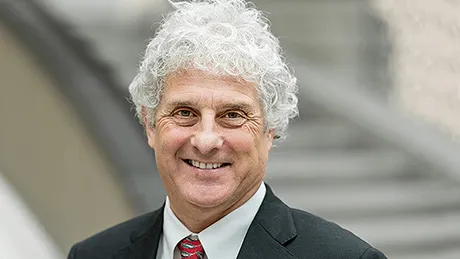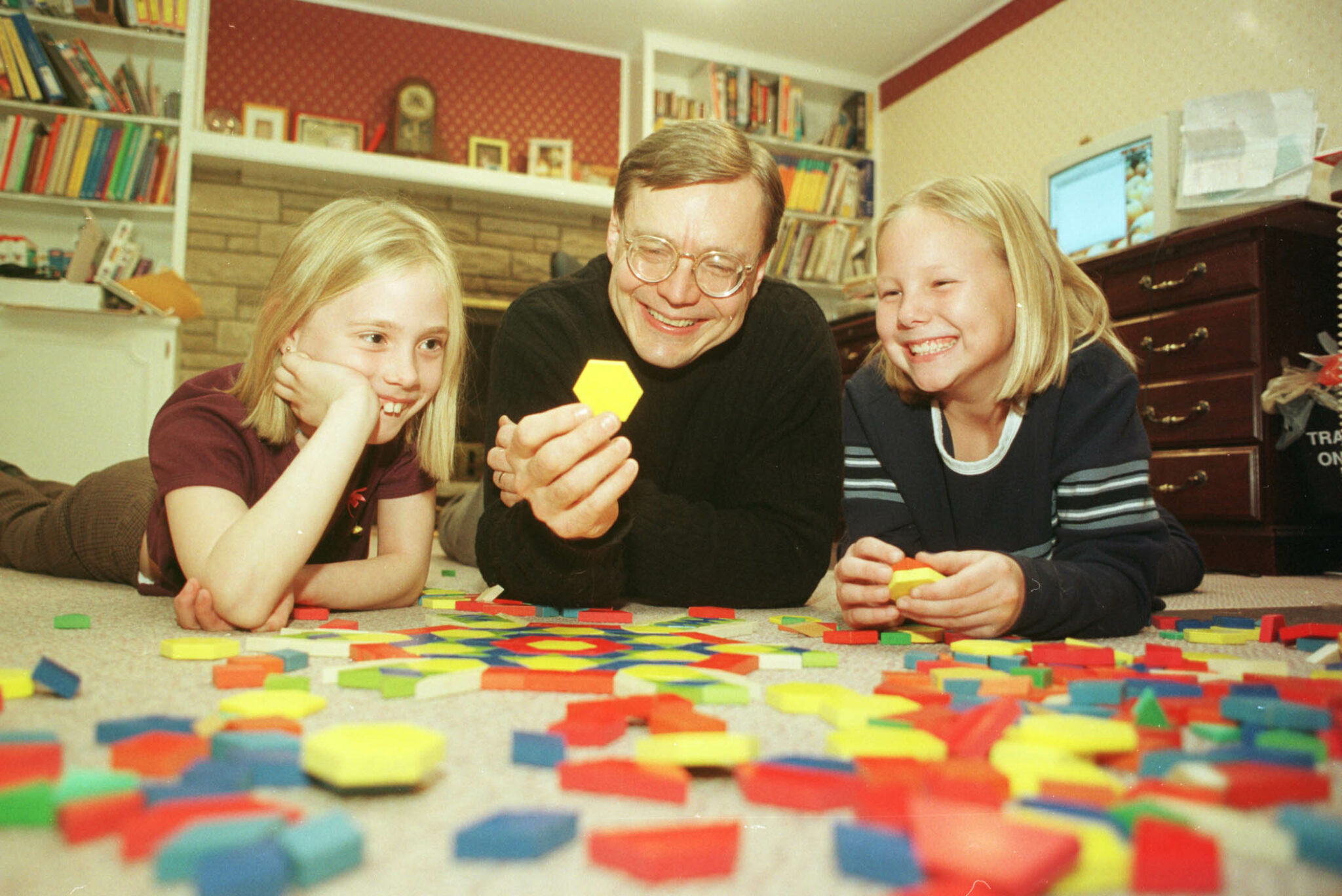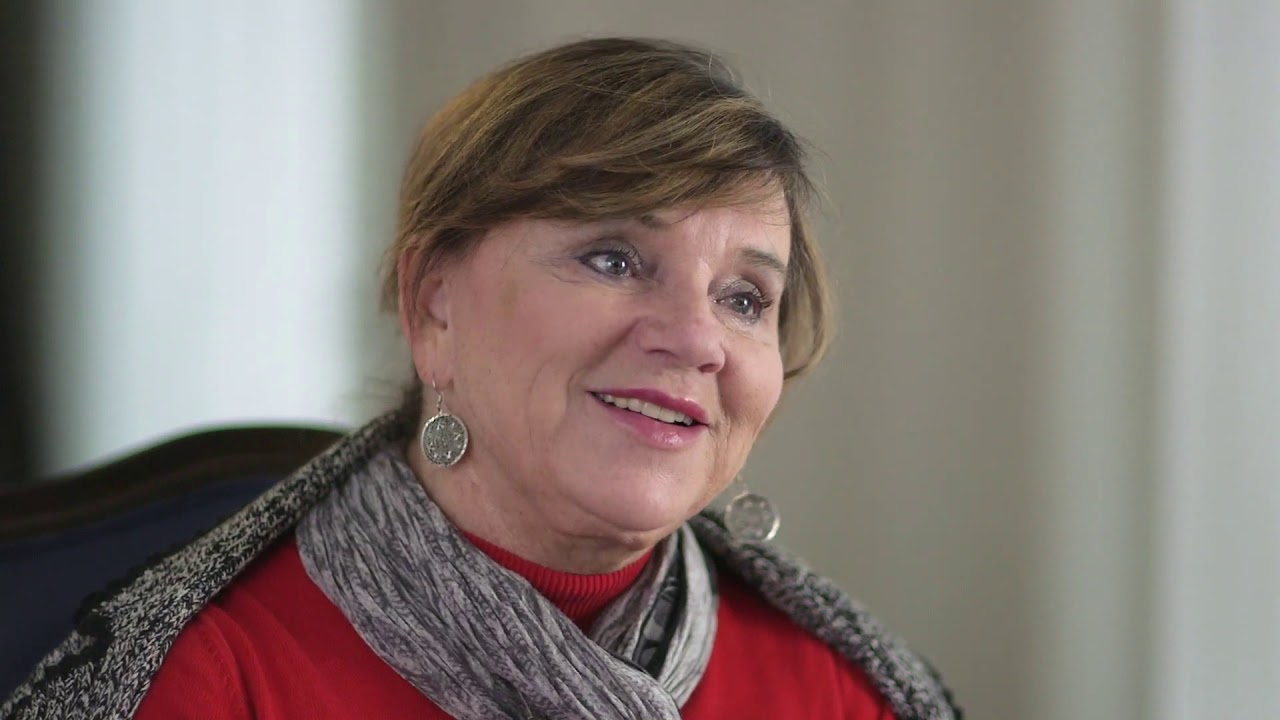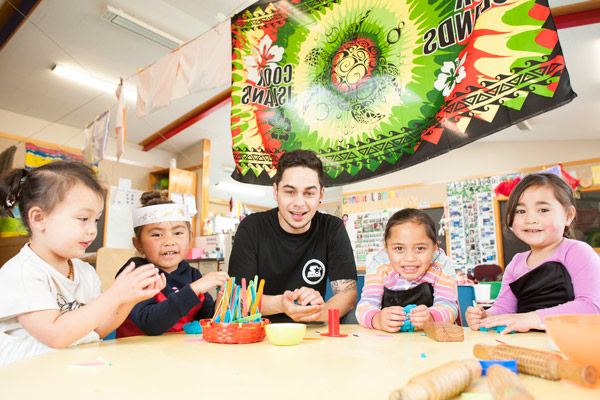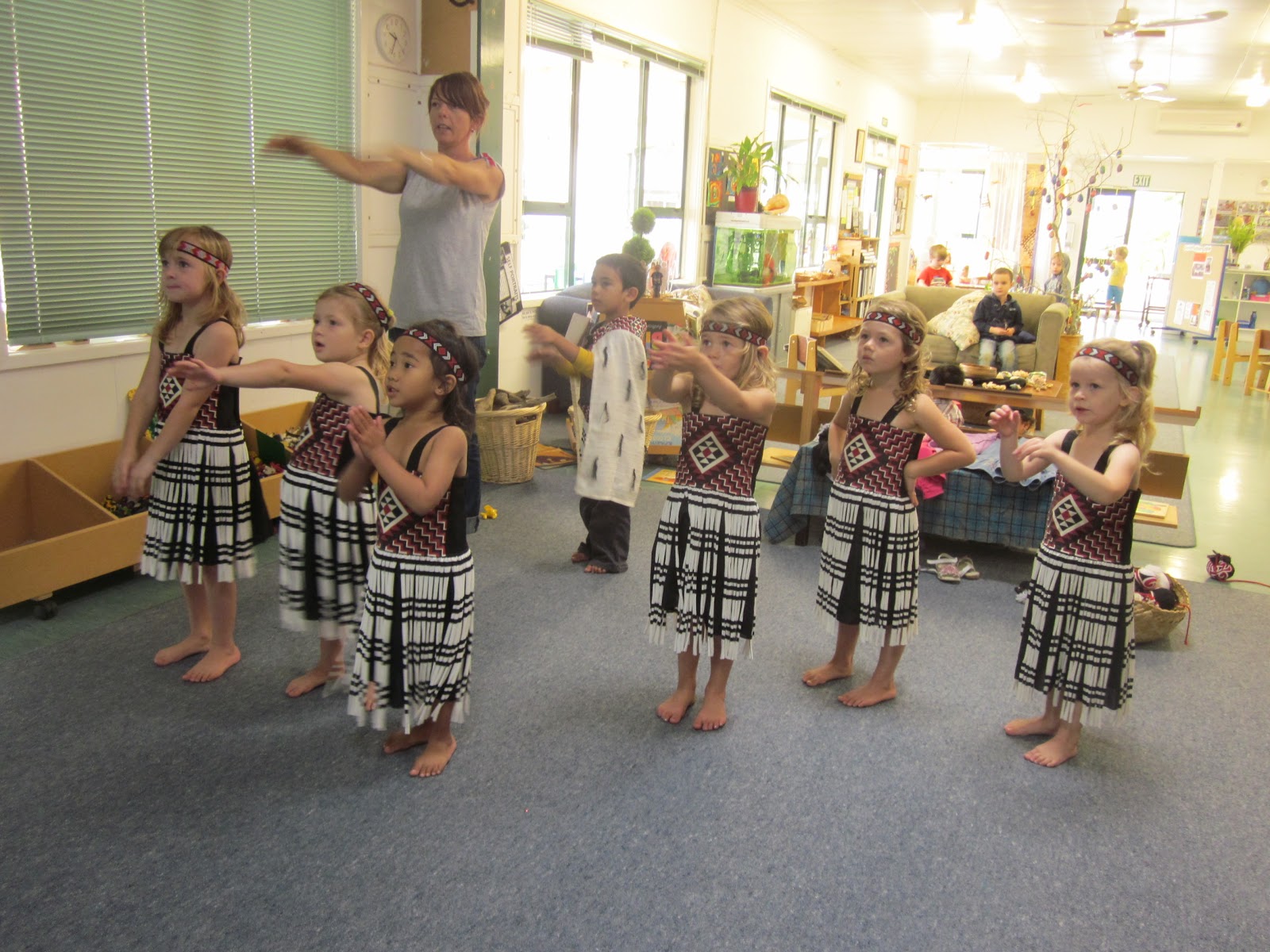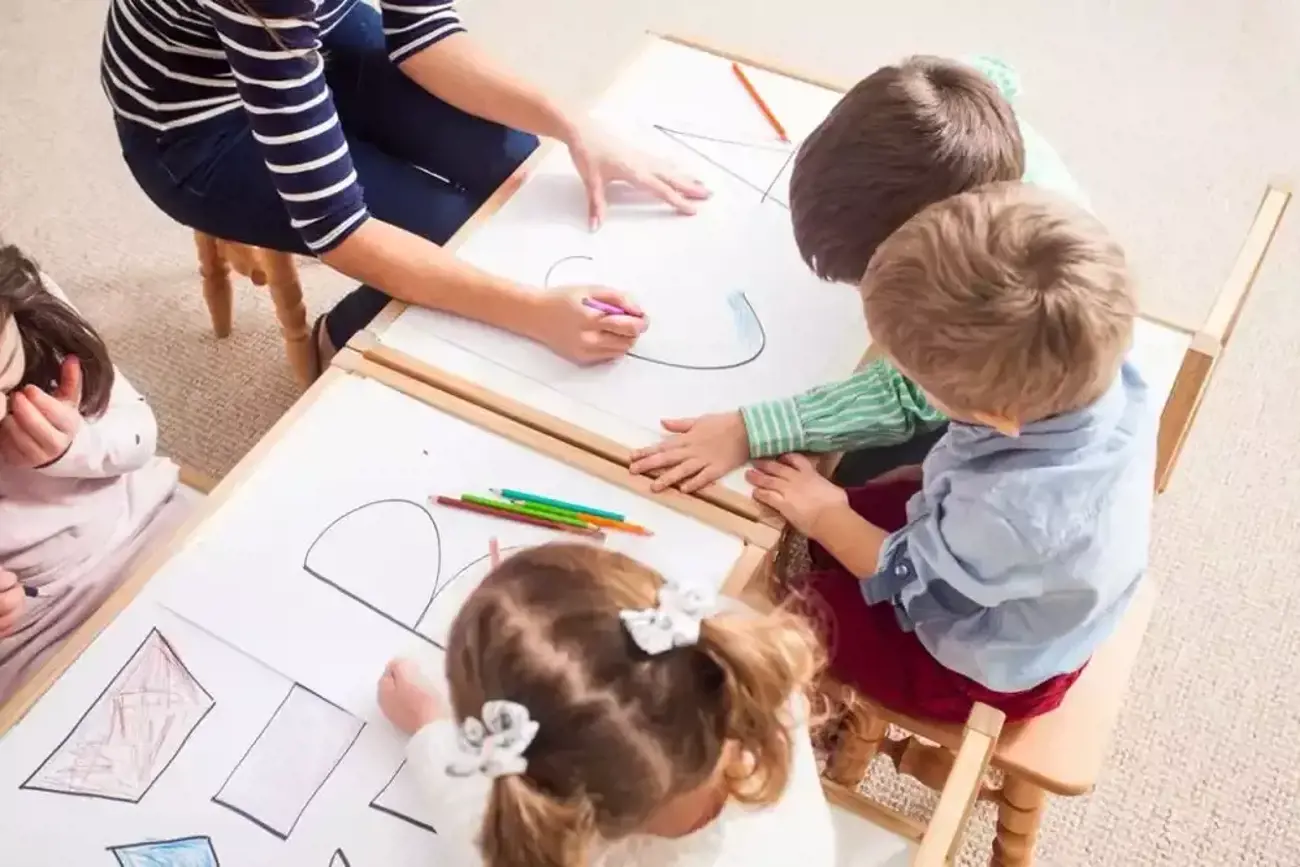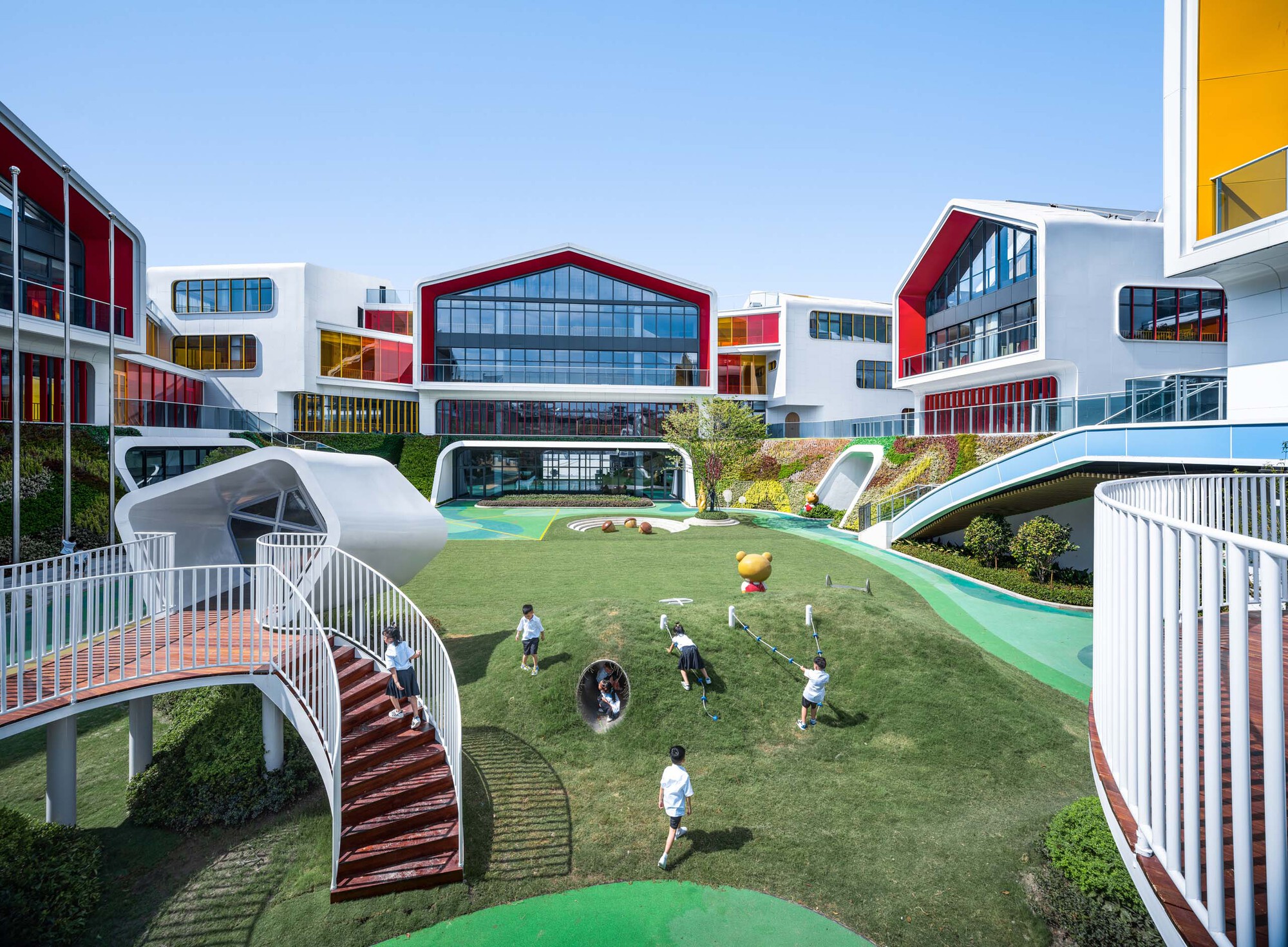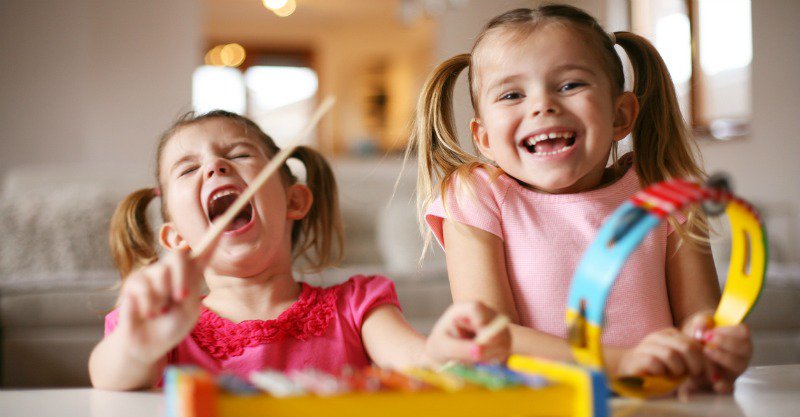The Early Learning Outcomes Framework (ELOF) is a guiding tool for educators and parents alike, aiming to provide a comprehensive understanding of what children should know and do during their early years. In a recent interview, Catherine Snow, a faculty member at the Harvard Graduate School of Education, delved deep into the language and literacy …
More-
Key Lessons on Applying the ELOF to Specific Populations and Supporting Teaching Domains (Catherine Snow)
-
Key Lessons on Applying the ELOF to Specific Populations and Supporting Teaching Domains (Andy Meltzoff)
The interview with Andy Meltzoff, a renowned expert in cognitive development, sheds light on the importance of the Early Learning Outcomes Framework (ELOF) and how it can be applied to nurture cognitive development in young children. Here are the key takeaways from the discussion: 1. The Little Scientist Perspective Meltzoff emphasizes that children, even at a …
More -
Applying the ELOF to Foster Emergent Mathematical Thinking in Young Children (Doug Clements)
The Early Learning Outcomes Framework (ELOF) is a guiding tool for educators and parents, outlining the skills, behaviors, and knowledge that should be nurtured in children. One of the key domains of the ELOF is the development of emergent mathematical thinking. In a recent interview with Doug Clements, a leading researcher in this domain, we …
More -
Applying the ELOF to Support Dual Language Learners (Linda Espinosa)
The Early Learning Outcomes Framework (ELOF) is a guiding tool for educators and program administrators to ensure that children, including dual language learners (DLLs), receive the necessary support for their development. In a recent interview with Linda Espinosa, a leading expert on the subject, several key lessons emerged on how to apply the ELOF to …
More -
About Te Whāriki
Te Whāriki Definition & Details In this article we’ll look at the core elements of New Zealand’s early learning framework, Te Whāriki. Te Whāriki Meaning “Te Whāriki” is the name of the early childhood curriculum in New Zealand. The term “whāriki” in Māori translates to “woven mat” and this name was chosen to symbolize …
More -
The Australian EYLF vs. New Zealand’s Te Whāriki: A Comparative Analysis of Early Childhood Curricula
Early childhood education is a foundational pillar in the development of young minds. Different countries have adopted varied approaches to ensure the holistic development of their youngest citizens. Two such notable curricula are Australia’s Early Years Learning Framework (EYLF) and New Zealand’s Te Whāriki. While both aim to provide quality early childhood education, their approaches …
More -
The Australian EYLF vs. the USA ELOF: A Comparative Analysis
Early childhood education is a critical phase in the development of children, laying the foundation for lifelong learning and well-being. Different countries have developed their frameworks to guide early childhood education, ensuring that children receive quality care and education during their formative years. Two such prominent frameworks are the Australian Early Years Learning Framework (EYLF) …
More -
Supervision in Spacious Kindergartens: Tips for Optimal Safety and Engagement
Tips for supervising children in large areas In the bustling and energetic world of kindergartens, large rooms and open spaces have become increasingly popular. They offer children the room to explore, play, and express themselves freely. Yet, with this expansive environment comes the significant responsibility of ensuring both safety and engagement. Supervising young minds in …
More -
Improving the acoustics in kindergartens (10 cost-effective ways)
Reducing noise in your preschool rooms Whether you’re looking to reduce noise in your preschool, diffuse the noise or get a good sound level in a space with noisy kids, we’ve got 10 ideas to help. 1. Acoustic Panels These are perhaps the most common solution to improve room acoustics. Acoustic panels made from affordable …
More
